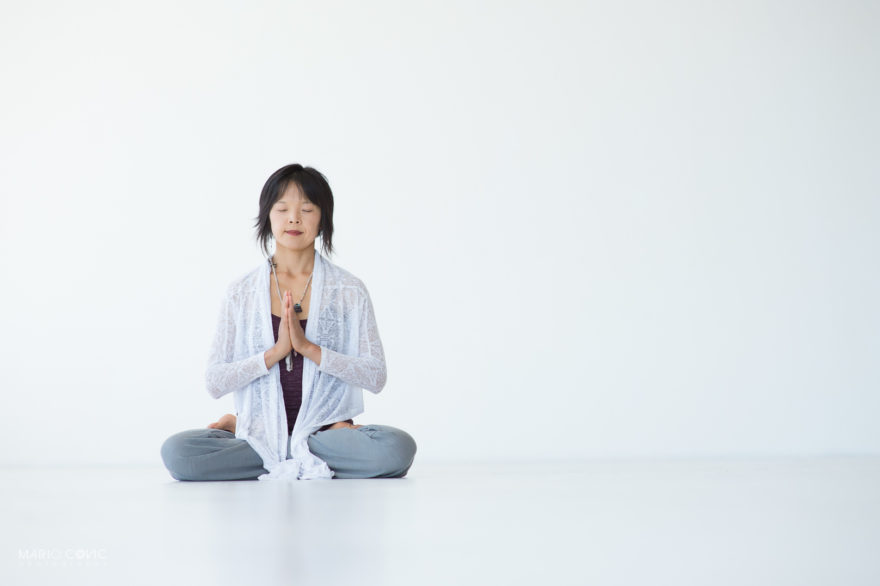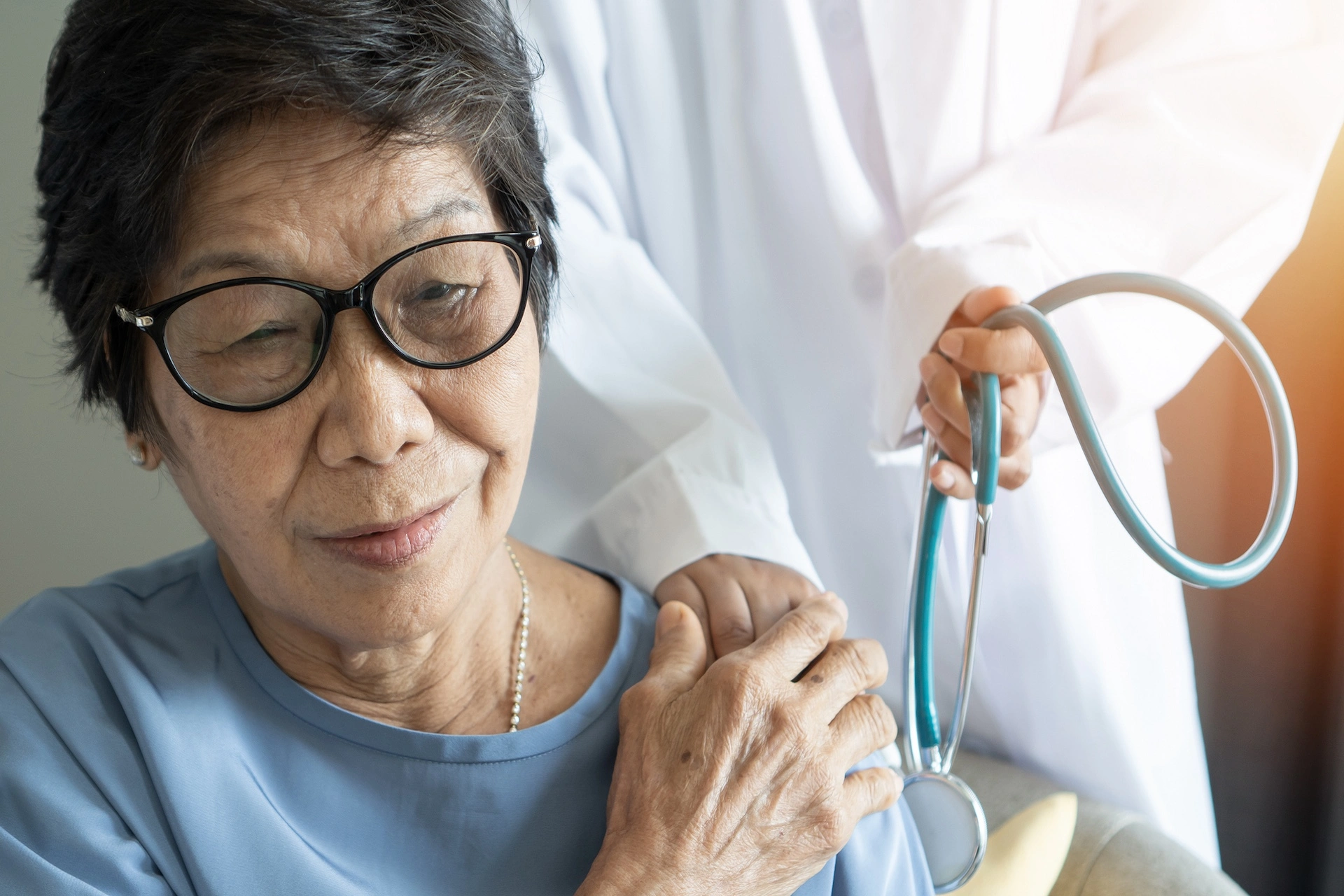Kaiser Permanente scientist Ai Kubo studies and spreads the benefits of staying in the present moment
Ai Kubo, MPH, PhD, first discovered mindfulness through yoga. Learning how to keep her mind in the present moment and accept it without judgment helped ease the tremendous stress and insomnia Kubo faced as a new immigrant from Japan pursuing a degree in nutrition at UC Berkeley. Inspired to spread the benefit to others, she became a certified yoga teacher while completing her master’s in public health and went on to earn a PhD in epidemiology from Columbia University.

“This was before mindfulness became widely recognized,” says Kubo, a research scientist at the Kaiser Permanente Northern California Division of Research. “I realized that if I really wanted to spread the benefits of mindfulness and yoga, I would need to conduct research so that medical community would believe in it.”
In recent years, mindfulness has gained widespread popularity as a powerful stress-reduction tool. Research shows that practicing mindfulness can provide benefits at work, at home, and in other contexts, such as coping with cancer treatment. Now Kubo is harnessing a popular smartphone app to deliver mindfulness training to cancer patients and their family caregivers in Kaiser Permanente’s Northern California region.
Smartphone app shows promise
“A cancer diagnosis can trigger fear of future pain or death and regret of past behaviors that may have increased cancer risk,” Kubo says. “Training the mind to be more in the moment can help relieve this suffering.”
Studies show that mindfulness can help cancer patients in several measurable ways, from improving sleep habits and psychological and social well-being to reducing pain and markers of inflammation. However, the traditional, “gold standard” program known as mindfulness-based stress reduction typically requires 8 weeks of in-person sessions, which can be expensive and incompatible with the time and energy demands of cancer treatment.
Kubo decided to explore mindfulness delivered via a smartphone app. “My goal was to create an intervention that is affordable, effective, and convenient enough that people actually use and benefit from it,” she says. She and her team chose to partner with Headspace, one of the most popular mindfulness apps.
Kubo and her colleagues invited Kaiser Permanente cancer patients and their caregivers to use Headspace as part of the Practice of Enhancing Each Moment (POEM) pilot study. A total of 28 participants used the app regularly to access guided audio meditations, videos, and other information to help them practice mindfulness.
After eight weeks, patients in the POEM study experienced reductions in anxiety and improvements in sleep, while caregivers experienced decreased depression and fatigue. For both groups, quality of life improved and distress decreased. These findings appeared in April in the journal Mindfulness.
Kubo notes that caregivers of cancer patients face under-recognized health challenges. “Studies have suggested that caregivers are more depressed than patients themselves,” she says. “There is also a reciprocal relationship between caregivers and patients, so improving quality of life for caregivers could improve patient outcomes.”
Indeed, patients in POEM whose caregivers also participated in the study seemed to benefit more from using Headspace. “We’re not sure why and we cannot conclude that the difference was significant because the sample size was small,” Kubo says, “but they may remind each other to use the app and give each other a feeling that they are in it together.”
Randomized trial to clarify Headspace benefits
Now Kubo is leading a larger study of Headspace, funded by the American Cancer Society, involving over 125 cancer patients and caregivers. Participants are randomly assigned to use the app or not, enabling comparison that should help clarify the app’s benefits. Preliminary results are not yet available but Kubo says that few participants have dropped out of the study and several have reported positive results.
“One story that really sticks with me is from a caregiver whose husband died during the study,” Kubo says. “She said that the app helped her accept the loss and move through the mourning period.”
Kubo is already planning more research into app-delivered mindfulness training.
One study involving 16 Kaiser Permanente cancer clinics will test whether the approach can be integrated into the flow of routine clinical care. Kubo also wants to test if a mindfulness app could reduce side effects of long-term hormonal therapy for breast cancer. Beyond cancer, Kubo is collaborating with Division of Research scientist Lyndsay Avalos, PhD, MPH, to see if a similar approach could reduce the symptoms of prenatal depression in pregnant women.
Kubo recalls being told in school that it was risky to study mindfulness and she should pursue something mainstream first. After she completed her PhD, she found success as a cancer epidemiologist before finally integrating mindfulness into her research.
“People ask me why I switched to studying mindfulness, but I always wanted to do this,” Kubo says. “This work fulfills my longtime goal to explore and spread the benefit of mindfulness scientifically.”





This Post Has 0 Comments